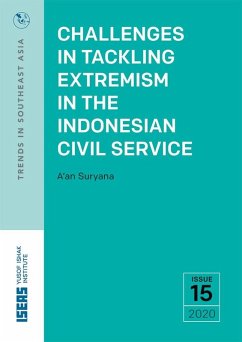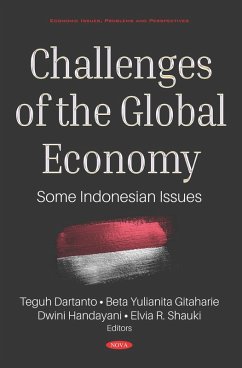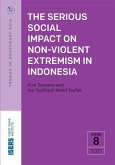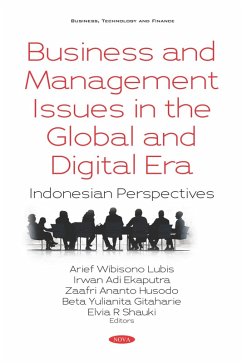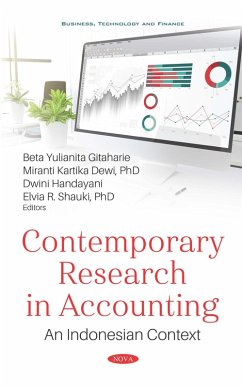In his second term (2019-24), President Joko Widodo remains committed in combating radicalism. Anti-radicalism measures such as the banning of radical organization Hizbut Tahrir Indonesia (HTI), anti-radicalism policies at schools and universities and the deradicalization of terrorists have been expanded to include the Indonesian civil service that currently employs over 4.2 million people across the archipelago.In November 2019, a joint decree was signed by eleven government and state institutions to formalize the new anti-radicalism policy. This paper argues that some challenges arose during the process of implementing the policy including the lack of cooperation from Personnel Development Officers (PPK) in imposing disciplinary actions recommended by the task force.The spread of COVID-19 further impedes policy coordination and has hampered efforts to effectively implement the policy.
Dieser Download kann aus rechtlichen Gründen nur mit Rechnungsadresse in A, B, BG, CY, CZ, D, DK, EW, E, FIN, F, GR, HR, H, IRL, I, LT, L, LR, M, NL, PL, P, R, S, SLO, SK ausgeliefert werden.

